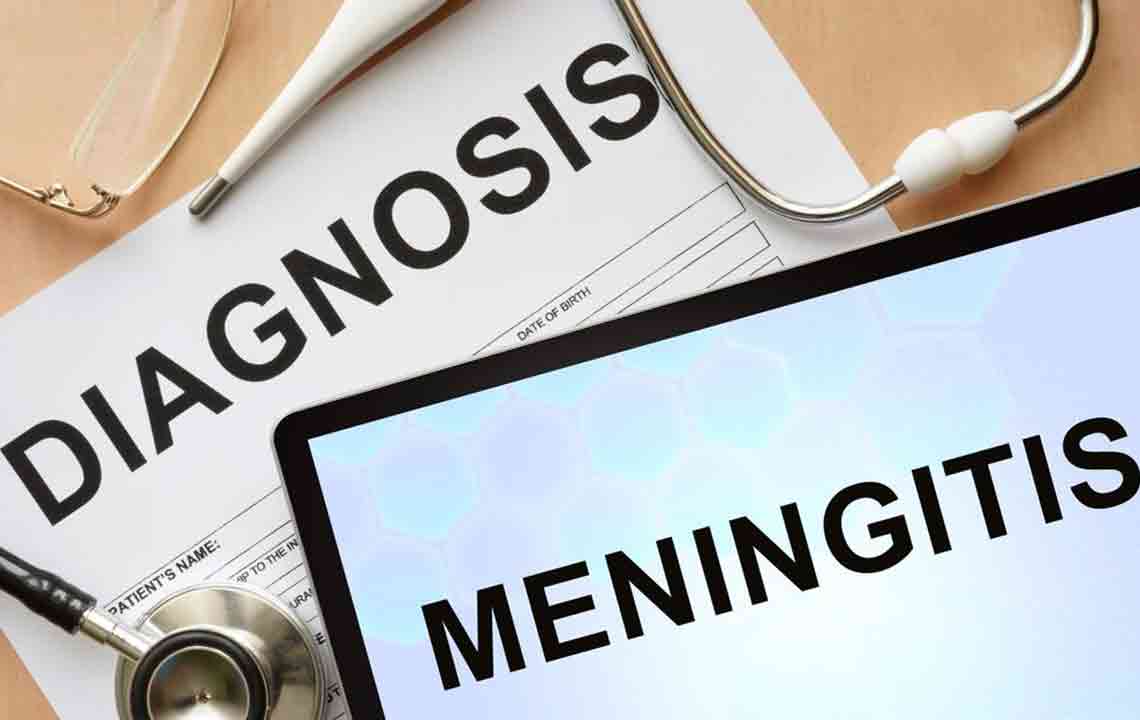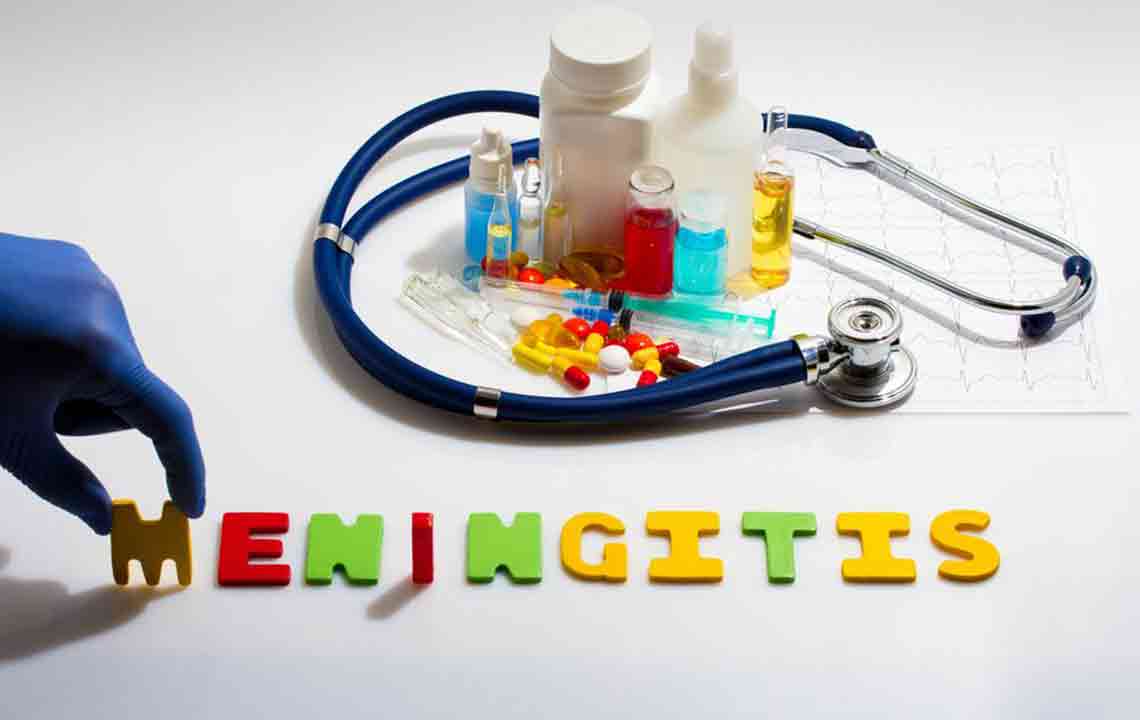A Comprehensive Guide to Meningitis: Causes, Symptoms, and Prevention Strategies
This comprehensive guide explores meningitis in detail, covering its causes, symptoms, risk factors, and preventive measures. It highlights the importance of early detection, vaccination, and good hygiene practices to prevent this potentially life-threatening condition. Learn how to recognize symptoms and act quickly to protect yourself and loved ones from severe health consequences.

Comprehensive Overview of Meningitis: Understanding Causes, Recognizing Symptoms, and Implementing Prevention Measures
Meningitis represents a life-threatening inflammation of the meninges—the delicate membranes that envelop the brain and spinal cord. This condition can affect people of all ages, from infants to the elderly, and often develops rapidly, making early recognition critical. Meningitis stems from various infectious agents, including viruses, bacteria, and even parasites, with bacterial meningitis being notably severe and requiring prompt intervention. Understanding its causes, symptoms, and preventive strategies is essential for reducing risks and ensuring timely treatment.
Causes of Meningitis encompass a broad spectrum of infectious agents. Viral meningitis is usually less severe and often resolves without specific treatment, whereas bacterial meningitis is much more serious and can lead to permanent neurological damage or death if not treated promptly. Bacterial organisms such as Streptococcus pneumoniae, Neisseria meningitidis, and Haemophilus influenzae are common culprits. Fungal and parasitic meningitis are less common but pose risks in immunocompromised individuals. The transmission occurs primarily through respiratory droplets, close contact, or via contaminated surfaces, emphasizing the importance of good hygiene and preventive measures.
Recognizing the symptoms early can significantly improve outcomes. Common signs include sudden high fever, severe headache, stiff neck, nausea, vomiting, and increased sensitivity to light or sound. Confusion, altered mental state, and seizures can also occur, particularly in severe cases. Infants and young children may exhibit symptoms such as persistent crying, lethargy, irritability, poor feeding, and swelling of the fontanel—the soft spot on a baby's head. These symptoms often resemble those of flu or other illnesses, which complicates early diagnosis. Therefore, awareness of the specific signs linked to meningitis and prompt medical evaluation are critical.
Preventive strategies are vital for reducing the incidence of meningitis. Vaccination is the most effective measure, with vaccines available for Haemophilus influenzae type b (Hib), meningococcal, and pneumococcal bacteria. These vaccines are recommended for children, adolescents, and high-risk groups such as college students or travelers to endemic areas. In addition to vaccination, practicing good hygiene by frequent handwashing, avoiding sharing utensils or personal items, and covering coughs and sneezes can significantly reduce transmission risks. Maintaining healthy lifestyle habits and strengthening immune defenses through proper nutrition also contribute to prevention.
Timely diagnosis is crucial. When meningitis is suspected, healthcare providers utilize a combination of medical history, physical examinations, blood tests, and a lumbar puncture to analyze cerebrospinal fluid for causative organisms. Early initiation of antibiotics in bacterial cases, antiviral medications for viral infections, and supportive care are essential components of treatment. Advances in medical research continue to improve outcomes with the development of more effective vaccines and diagnostic tools.
It is important for individuals to understand their risk factors, such as living in crowded conditions like dormitories or military barracks, having a weakened immune system, or being pregnant, which can increase susceptibility. Immediate medical attention should be sought if symptoms arise, especially since bacterial meningitis can progress rapidly. Proactive health measures and awareness are critical for preventing serious complications, including brain damage, hearing loss, or death.





